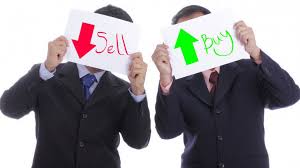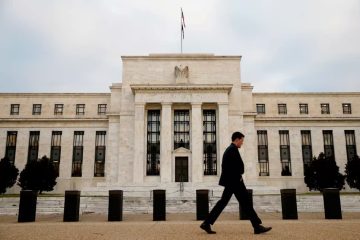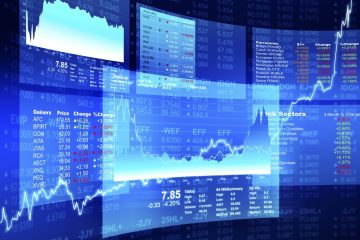Short-sellers are good for markets

IT IS a stressful time to be an investor in Tesla. On September 29th shares in the electric-car manufacturer soared by 17% after its boss, Elon Musk, settled fraud charges with America’s Securities and Exchange Commission (SEC). Just days later, on October 4th, a series of belligerent tweets by the firm’s outspoken founder sent shares tumbling by more than 7%.
The tweets in question, like many of Mr Musk’s market-moving social-media posts, were targeted at short-sellers, who aim to make money by selling borrowed shares and buying them back later at a lower price. With a quarter of its publicly traded shares lent out to facilitate short-sellers’ bets, Tesla is one of the most heavily shorted companies in America. Mr Musk has publicly feuded with short-sellers for years, calling them “haters”, “jerks” and “not supersmart”. Research suggests that such insults are undeserved. Short-sellers are savvy investors who help to keep the market’s exuberance in check.
Short-sellers have always had their detractors. In 1610 regulators in Amsterdam banned short-selling after it was blamed for driving down the value of the Dutch East India Company. Two centuries later Napoleon deemed the practice an act of treason and prohibited it. After the stockmarket crash of 1929 Herbert Hoover, America’s president, similarly decried speculative short-selling as unpatriotic. The shorts are viewed with such suspicion because they profit from the misfortune of others. When markets plummet, they are often blamed for deliberately exacerbating the fall to reap bigger returns.
Academics say such accusations are far-fetched. Studies that look at when short-sellers place their bets find that they behave much like other investors. Price declines that make short trades profitable tend to endure, undermining claims of manipulation. By seeking out overvalued assets, short-sellers help rein in animal spirits and prevent bubbles from forming. They make markets more liquid: when short-selling is banned by regulators, bid-ask spreads—the difference between the price at which shares are bought and sold, widely used as a measure of market liquidity—increase.
The shorts can also root out malfeasance. Jim Chanos, a well-known short-seller who is one of those betting against Tesla, famously predicted the collapse of Enron, an energy-trading firm that went bust in 2001.
Shorts’ bets do not always pay off immediately. Ihor Dusaniwsky from S3 Partners, a financial-technology and analytics firm, thinks that Tesla’s short-sellers are sitting on unrealised losses of close to $ 3.5bn since the start of 2016. So far this year, borrowing fees alone have cost them more than $ 200m.
Although short-sellers endure long stretches in the red, as a group they are clever stock-pickers. Studies show that heavily shorted stocks underperform lightly shorted stocks by as much as 16% a year on average. It was once thought that short-sellers profited mainly from bets on near-term price movements lasting no more than a month. But recent work by researchers at the University of Missouri and Renmin University in China suggests that opportunities for generating returns can persist for as long as a year. The authors estimate that a tenth of short positions last for at least six months.
Mr Musk has demanded that short-selling “should be illegal”. He has repeatedly vowed to “burn” Tesla short-sellers and “explode” their bearish positions. Recently, though, he has done the opposite. His tweet on October 4th, which mockingly referred to the SEC as the “Shortseller Enrichment Commission”, made short-sellers a whopping $ 645m. According to Mr Dusaniwsky, the company’s nay-sayers are convinced the stock is still overvalued. The shorts will not be exiting their positions any time soon.
This article appeared in the Finance and economics section of the print edition under the headline “Baiting bears”

